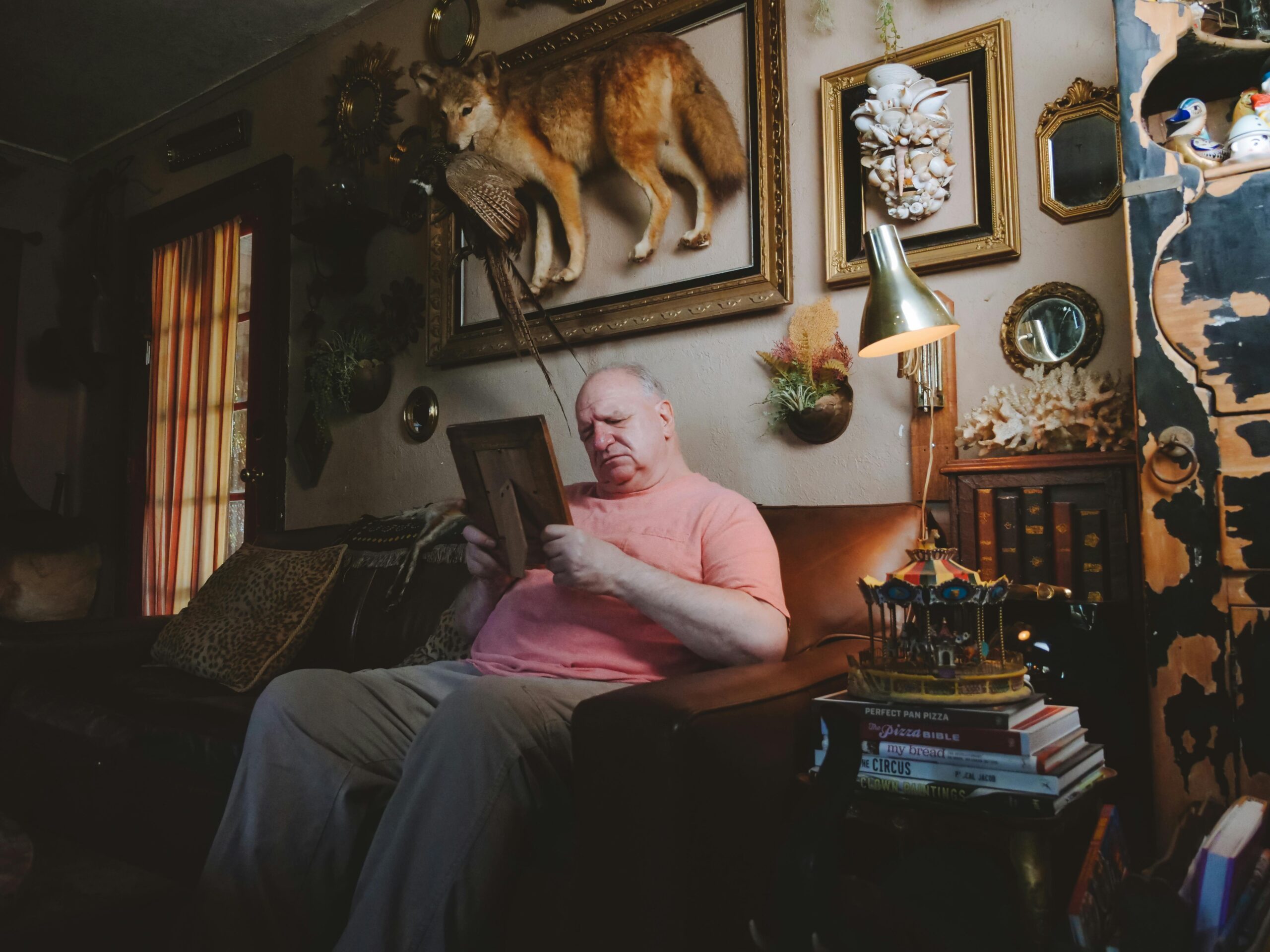Noticing changes in a loved one’s memory, mood, or daily habits can be worrying. Dementia often develops gradually, and the early signs can be subtle – sometimes mistaken for natural ageing. Yet recognising these changes early is one of the most important steps in ensuring your loved one gets the support and understanding they need.
At Avant Homecare, we understand how difficult these moments can be for families. Our experienced care professionals specialise in compassionate, person-centred dementia support. Here, we share the key early signs that your loved one may need dementia care and guidance on when it might be time to seek help.
Frequent Forgetfulness and Memory Lapses
Mild forgetfulness is normal with age, but if your loved one begins to forget recent conversations, important dates, or familiar names, it may signal the early stages of dementia. You might also notice them misplacing everyday items, such as keys or glasses, and being unable to retrace their steps.
When memory problems begin to disrupt daily routines, such as missing meals, forgetting medications, or leaving appliances switched on, it’s a good idea to seek professional advice or a memory assessment.
Difficulty Completing Familiar Tasks
Struggling with everyday tasks is another common early sign. Activities that were once second nature, like cooking, handling finances, or following a TV plot, can suddenly feel confusing or overwhelming.
You might find that your loved one starts a task and leaves it unfinished, or they may need more frequent reminders. These challenges can lead to frustration or withdrawal, making gentle reassurance and structured support essential.
At Avant Homecare, our dementia-trained carers can provide discreet, reassuring help with daily routines, helping individuals remain independent and confident in their own homes for as long as possible.
Confusion About Time and Place
Early dementia can make it difficult to keep track of time or recognise familiar surroundings. Your loved one may lose track of the date, think they are in a different location, or feel disoriented in once-familiar settings.
This can sometimes lead to anxiety or wandering, especially if they live alone. Establishing predictable daily routines and safe home environments, supported by professional care, can help reduce confusion and build a sense of security.
Changes in Mood, Personality, or Behaviour
Emotional and behavioural changes are often some of the earliest signs families notice. Dementia can affect the brain’s emotional processing, leading to increased irritability, sadness, or anxiety.
Your loved one may also seem more withdrawn or lose interest in hobbies they once enjoyed. Some people experience mood swings or uncharacteristic behaviours, such as suspicion or frustration.
These changes can be distressing for families, but with the right care approach, based on patience, empathy, and understanding, it’s possible to manage them gently and effectively. Avant Homecare’s dementia care team is trained to provide calm, compassionate support tailored to each individual’s emotional needs.
Struggles with Communication
Language and comprehension difficulties are another sign that dementia may be developing. You might notice your loved one:
Searching for the right words.
Repeating themselves often.
Losing their train of thought mid-sentence.
These changes can make conversations challenging or frustrating. Trained dementia carers use clear, gentle communication techniques, such as simple sentences, calm tone, and visual cues, to help maintain connection and reduce stress.
Decline in Personal Care or Household Maintenance
A noticeable drop in personal hygiene, grooming, or household upkeep can also point to cognitive decline. You may see unopened mail, unpaid bills, or clutter building up around the home.
This isn’t a sign of laziness – it’s often due to confusion, forgetfulness, or difficulty with sequencing tasks. Professional dementia care at home can provide respectful, discreet assistance with personal care, cleaning, and meal preparation, helping your loved one feel comfortable and supported in their familiar surroundings.
Safety Concerns and Wandering
Forgetting to turn off the oven, leaving doors unlocked, or becoming lost while walking are serious signs that your loved one may no longer be safe without supervision.
Avant Homecare’s dementia support includes safety monitoring and gentle companionship, helping to minimise risks while maintaining dignity and independence. Simple measures, like consistent routines and familiar carers, can make an enormous difference to comfort and safety.
Conclusion: Recognising When to Reach Out for Help
Realising that your loved one may need dementia care can be an emotional step – but seeking support early can greatly improve their wellbeing and quality of life. The right care can help manage symptoms, reduce anxiety, and allow your loved one to continue living meaningfully and safely at home.
At Avant Homecare, our compassionate, highly trained carers provide specialist dementia care designed around each person’s individual needs. From gentle daily support to comprehensive care planning, we’re here to help families navigate this journey with understanding and reassurance.
If you’ve noticed any of these early signs in a loved one, you don’t have to face it alone. Contact Avant Homecare today to discuss how we can support you and your family with expert dementia care delivered with empathy, respect, and trust.


